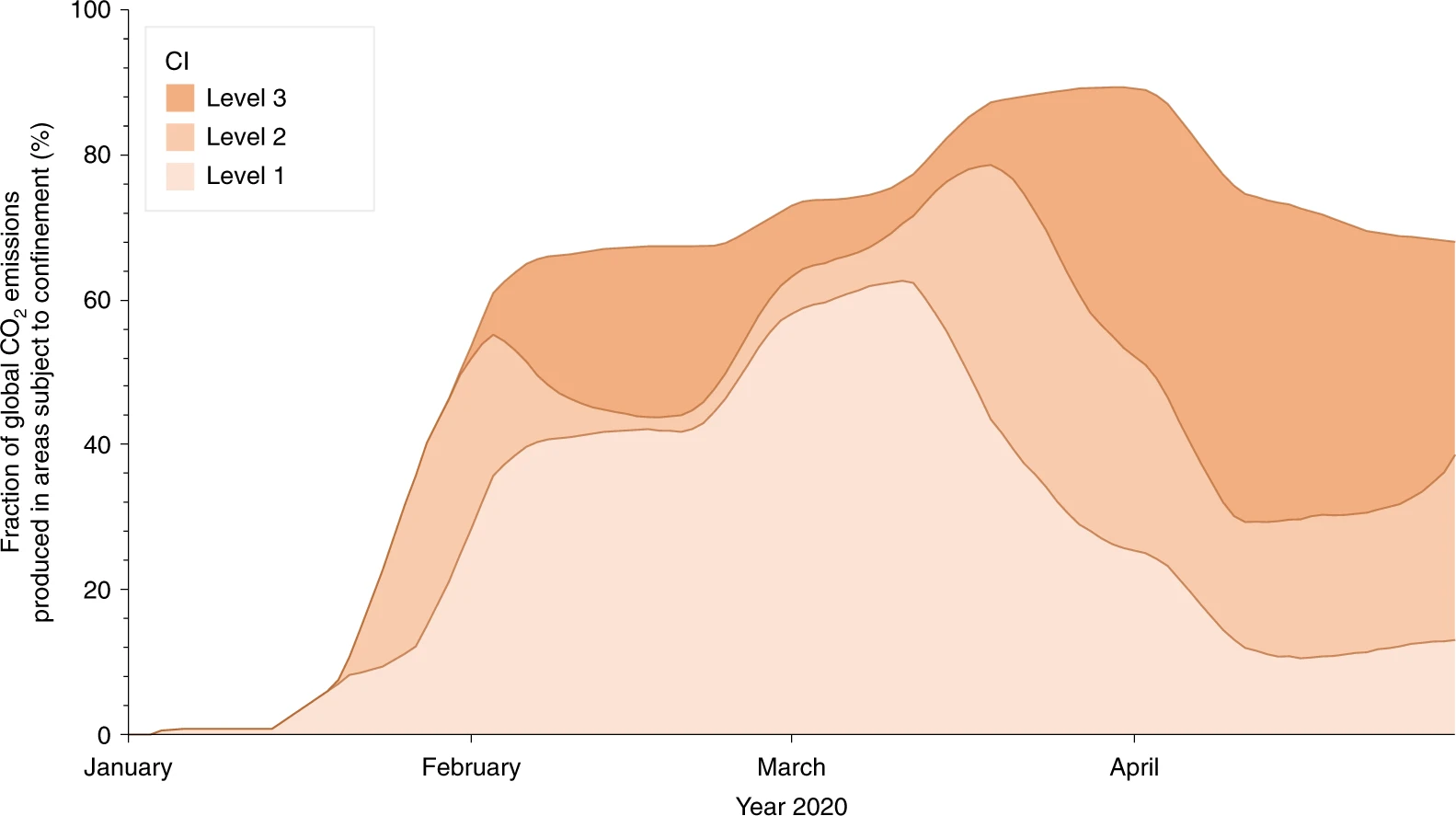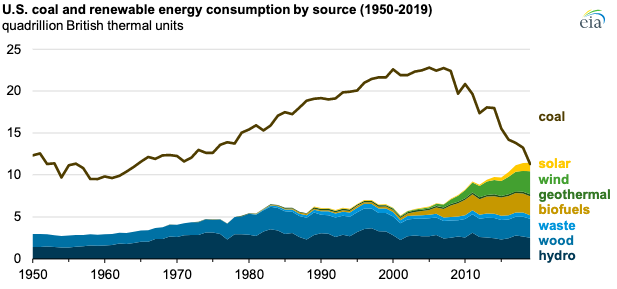COVID 19 Lockdown Triggers 17 % Global Emissions Reduction
A recent article published in Nature Climate Change (Temporary reduction in daily global CO2 emissions during the COVID-19 forced confinement) suggests that daily global global CO2 emissions decreased by 17% by early April 2020 compared with the mean 2019 levels, just under half from changes in surface transport.
This finding shows how important the government policies are and how significant the surface transportation in achieving global emissions reduction target. Changing consumer behaviour in promoting less carbon intensive transportation solution and adopting government policies to incentivize changed behaviour may tackle the global problem.

As COVID 19 pandemic showed, if desired, governments across the globe are capable in taking swift and efficient actions. Governments and leaders to show the same zeal and efficacy to deal with the existential threat of climate change. This is a perfect opportunity for policy makers to utilize the space for promoting decarbonized green economic recovery.
Huge stimulus packages are being implemented around the world. The investment going into projects will lockdown emissions for the next 20-30 years. If we make green and clean stimulus investments, we will be reducing emissions for the next 30 years.
However, if we do not manage to do that the global emissions will rise again and this will be seen as a lost opportunity, just like the 2008 financial crisis. The United Nations Environment Program (UNEP) published an article which highlights that in April 2020 the average CO2 concentrations in the atmosphere was the highest since the measurements began.
This data suggests that the climate crisis is far from over. These temporary reductions in emissions could increase sharply once we open up and function business-as-usual. The pandemic has provided us with time and mentality to see what we can achieve.
We can balance economy and environment. They don’t have to be bifurcated. They can live together.










Comments